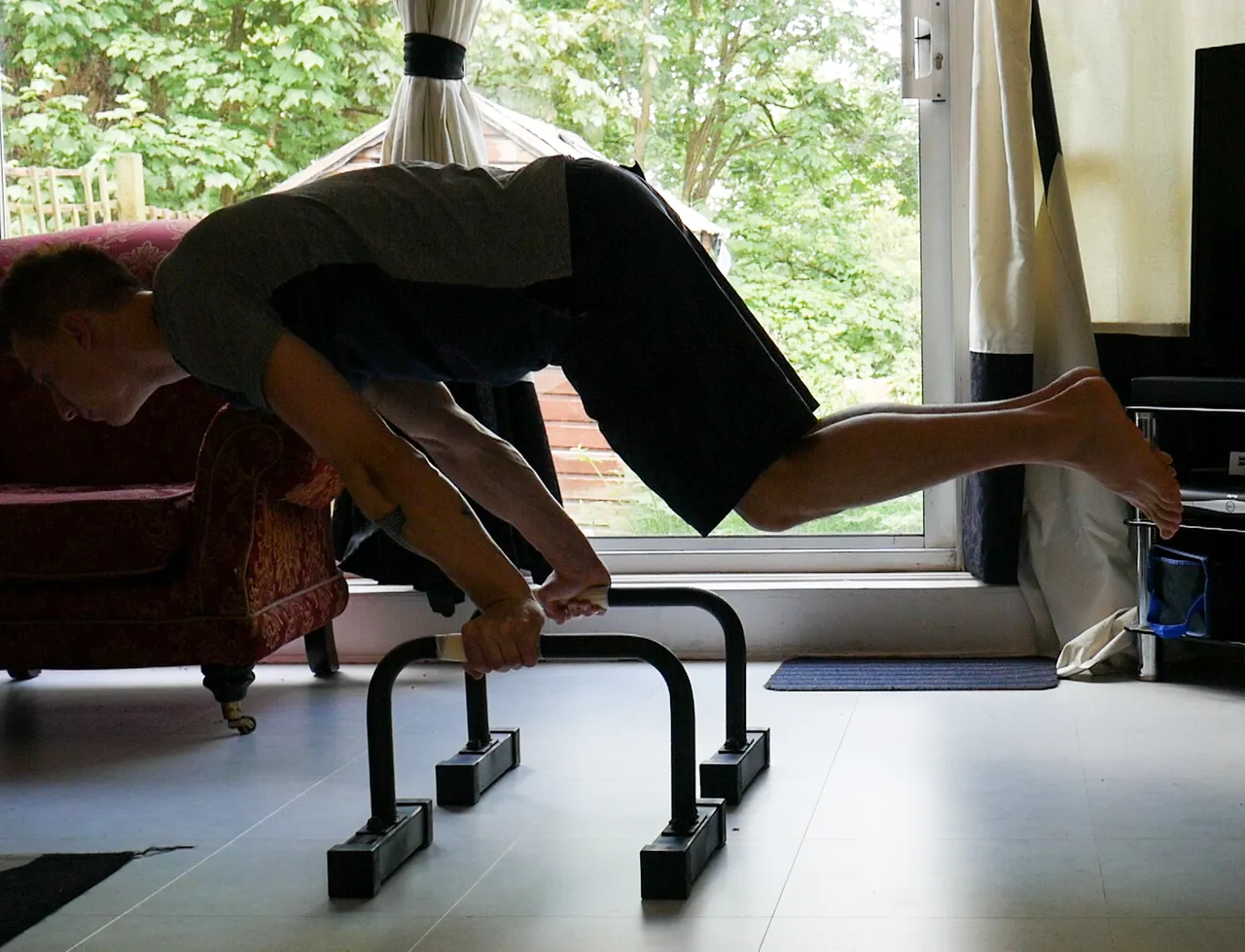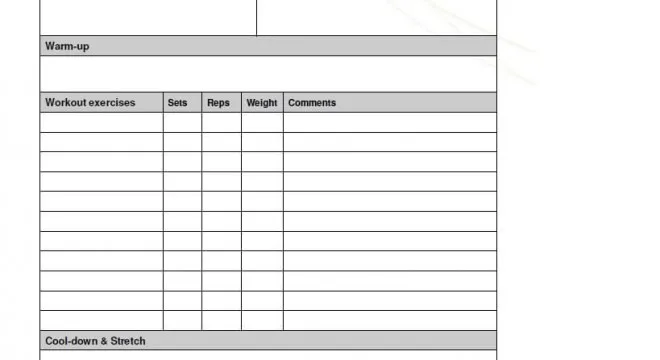
Have you ever felt lost in the gym? That's good! Then it will be easier to adjust to a better way of training. The thing is I see so many over confident people at the gym doing pretty much everything wrong to an extend that it could be quite harmful. And since I don't work at there I can't really go telling everyone how they should train or what they should do.. Who am I to do so anyway? They don't know I'm a certified trainer or that I've been training for over 19 years.. That's why all I can do is write these educational posts for now. Today I'll talk about the 5 most common mistakes we make when we start going to the gym.
1) Raising your bar too high too soon
Starting or restarting gym needs time to adjust. A lot of people pick programs and routines from the internet that are meant for people training for months or years already. Even if you've been out of the gym because of an injury, personal reasons or just general laziness (happens to the best of us), you need to take it slow and take a step (or a few steps) back. Beginners often take on split routines when all they need is an all around full body exercise program to follow for 2-3 months. Everyone has started from somewhere and yes while these split routines are very helpful once you reach a plateau, you need time to get to them. You need your joints and muscles to adapt to the loads you are putting on them. You won't skip any muscle groups that way (I know everyone loves that chest day and hates the legs). You can learn proper technique that way without overexerting yourself right at the start. Also starting off slow can make you feel better about progressing, instead of getting way too hard way too fast and working in the opposite direction or dropping out.


2) Not learning proper technique on TIME
This can be related to number 1. Trying to lift a lot more than you are capable or to go for an advanced movement before you learned how to do the basic ones properly will result in bad technique and may lead to injuries. What I'm trying to say here is that you can't run before you've learned how to walk. I'd rather do 1 repetition with proper form and lower weights, than increase them and do 10 with bad form or do them half way. You don't get anything out of that unless you want to make an exercise more functional for a specific reason (Half squats for skiers for example or simply because of a knee injury). Before you get on the free weights in general - learn about your body, have body awareness. Try to learn how to contract each and every muscle that you are about to use, feel it and try to feel the contractions while lifting weights. This won't happen with lifting heavy right at the start.. The best way to learn it is to take a light weight and try and feel that contraction (pump) in the right spot. Think while you are doing an exercise, think what are you aiming to do with it and ask yourself if you are doing what you are intending. Are you feeling your Lats working when you do Lat Pull-Downs or are you pulling mostly with your biceps? Are you isolating your triceps when you do Triceps Push-Downs or are you jerking your whole body, using the shoulders, back and gravity to help you out. If you see yourself do mistakes like these - lower the weights and try again. It isn't embarrassing to lift light.. especially as a beginner. I lift a lot lighter than a lot skinnier or unfit people in the gym.. but when I see their form, they are either not getting anything out of the exercise or on the brink of injuring them selves. Think before you do something and don't push it until you've learned to do it perfectly with body or light weight. You will still have gains as a beginner or even advanced person. (Calisthenics are no joke!)


3) Thinking all eyes are on you
There is one truth about the gym.. unless you are a hot girl in a gym full of males.. no one really cares and looks at what you do (unless it is something bizarre that's definitely youtube material). Gyms are the most selfish place you can go to.. filled with mirrors just so people can admire themselves (not that this is the real intention). Just do the same.. ignore the world around you, focus on what you do and use these mirrors to fix your form! Look at yourself not to admire the view but to see what mistakes you might be doing. Don't try and lift extra just because these two girls walked past you.. it looks pathetic when people try and do that and do some ridiculous movements so they can adapt to the weight. This is how injuries occur and all you've done is most likely make a full of yourself doing something ridiculous with a heavy weight.

4) Not having a plan
Always have a plan of what to do once you get to the gym. First of all - it saves you a lot of time. Knowing exactly what to do means you don't wander around like a headless fly, trying to thinking it on the spot. Also it makes your session a lot more efficient. You know you have to do something and you don't just leave because you feel like you've finished. Have a realistic plan and as I said above, don't overdo it and push yourself beyond your capabilities. Time for pushing will come naturally and you will know when you can do it yourself.

Having a written program isn't necessary but it does help. You can just write it on a list - exercises and set/rep range as well as breaks time. Or just use your phone to do it as a reminder. Try it and you'll see how much more efficient you'll be!

5)Taking way too long or too short breaks

There are two types of people - the people staying on their phone for 5-10-15 minutes after every set.. (I've seen a guy spent an HOUR on the leg press machine because he was watching clips and chatting on his phone while resting.. I couldn't use the machine before I finished my whole session) and the people that just aren't patient enough and take too little time. Not taking enough time to rest means you will perform less with every next set. Depending on the exercises and the weights you will have to take different resting periods. Compound (multi-joint) exercises need more time for recovery while isolation exercises don't really need as much. More load (weights) means more rest time between sets. If you are training for strength or just assessing your 1 Repetition Max for example you may be taking up to 5 minutes of rest time.

I hope this was helpful and if you found that you are making any of the above, it's not a big deal as long as you are aware of it and try and fix it. Some of these are more psychological than others but with the right mindset you can do it!

